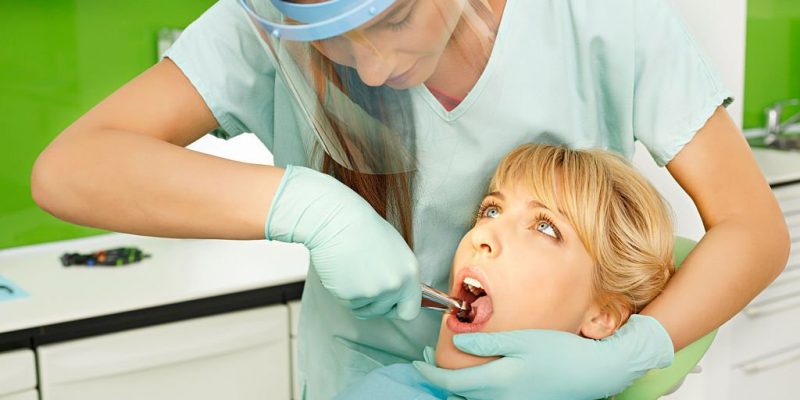Several things can bring on teeth injuries. But if you’ve never had a removal, you may not know how it goes. Understanding that your dentist is considering your physical and mental well-being allows you to rest easy.
Many people who have previously had teeth removed will attest that this operation can be pleasant and noninvasive, making it a great fallback option when less invasive dental treatments cannot preserve your teeth.
Tooth Extraction Has Been A Historical Procedure!
People have been getting their teeth pulled for a long time. Even while tooth extractions in Jacksonville have far more rational grounds today, it is still not a procedure that should be performed hastily.
We’re here to give you all the necessary knowledge to ensure you receive the proper care you need and deserve, including details on various extraction methods, their potential applications, and what to expect throughout the surgery.
How Should I Get Ready For A Tooth Extraction?
An appointment for the tooth extraction in Jacksonville will be set once a dentist has examined your teeth and taken an x-ray. Your dentist must know your prescriptions, including any vitamins, minerals, and over-the-counter medications.
You should tell your dentist if you take any injectable phosphonate medicine for a particular medical condition. During such treatment, surgery must be performed before the drug is given to prevent your jaw from developing osteonecrosis.
Your dentist must be aware if you have any diseases like pressure, stress, thyroid difficulties, liver disorders, and other conditions to adjust the parameters before the treatment.
Cherokee dentistry suggests taking antibiotics the days before the procedure. In addition, the doctor may recommend antibiotics if your procedure is expected to take a while or if you have an illness, a weakened immune system, or a specific medical condition.
It may be helpful to question the dentist about the sedative used during the procedure. If you have intravenous anaesthesia, wear loose-fitting, brief clothing and avoid eating or drinking anything for at least six to eight hours before your appointment.
Tooth Extraction: Method Involved In The Process
Before pulling your teeth, your dentist will ask about every aspect of your health, including any diagnostic and treatment past and a list of the medications you are presently taking.
- You must make it clear whether you use prescription drugs or are allergic to certain medications.
- Before surgery, your doctor could advise you to take specific medications. Following this, an X-ray might be taken before deciding how to extract the broken tooth.
- To avoid dried cavities and maxillary exposure after the removal, the doctor will suggest you cease smoking at least one day beforehand.
- On the appointed day, your dentist will administer a general anaesthetic to sedate the affected tooth and the surrounding area.
Although it is rare, there are specific circumstances where removing a wisdom tooth under a general anaesthetic may be necessary. You will need to be admitted to the hospital for such a procedure, but you can go home on the same day.
What Takes Place Following Tooth Removal?
After removing your tooth, your dentist probably needs to ensure the gum hole is clean. In addition, stitching may be required to close the wound after a gum incision is necessary for dental surgery.
The dentist will frequently advise you to munch on some tissue to stop any bleeding if any occurs.
Once the sedation wears off, you’ll probably feel some discomfort. Your dentist might advise an OTC drug or write you a referral.
Moreover, you’ll probably be told to chew soft meals for a short period on the good side of the mouth. Keep your numb mouth from biting. Finally, you should unwind and avoid strenuous activities, smoking, and drinking alcohol for the next two days.
What Is The Duration Of The Procedure?
When only one tooth needs to be extracted, the entire process can be completed in less than an hour. However, if you’re having multiple teeth extracted, be prepared to stay a little longer at our office. Each additional tooth will lengthen the appointment by three to fifteen minutes, depending on where it is.
Conclusion
Simple extraction techniques should typically recover in between seven and ten days. However, if the pain or bleeding continues for more than four hours after the tooth extraction, you should call the dentist. You should also contact your Cherokee Dentistry immediately if you have any extreme pain or discomfort.
Tooth Extraction & Recovery Simplified
Tooth extraction can be a challenging procedure if not done right! So don’t risk your overall health with any amateur. Instead, trust the professionals at Cherokee Dental to get you the perfect smile in the most effortless manner. So visit our clinic or connect with us at 9035866829 to know more.

